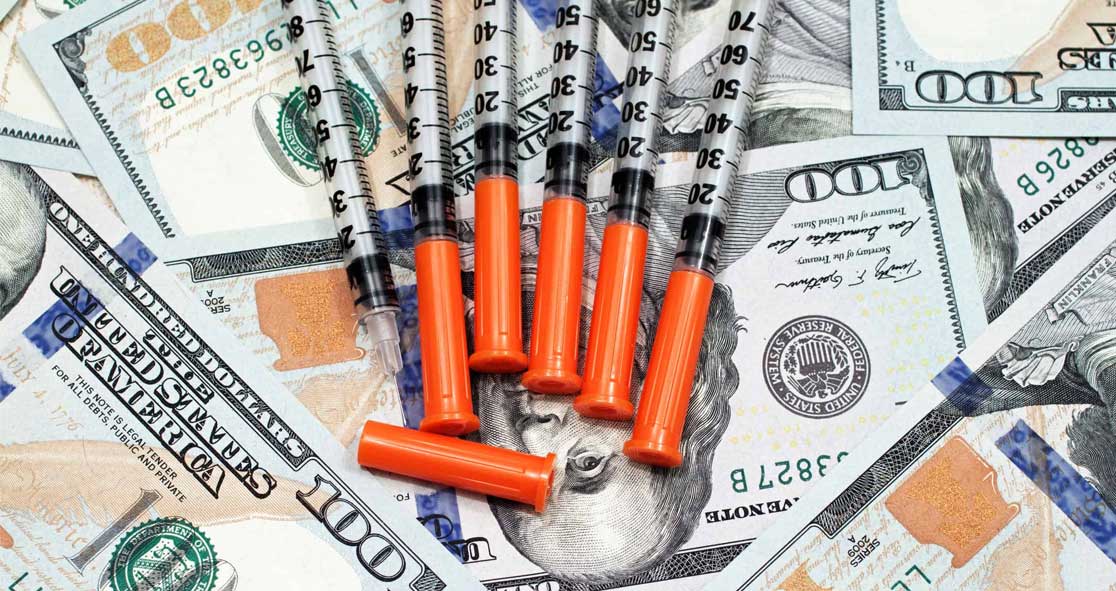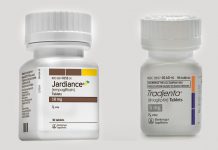Last week, the Democrats of the House Oversight and Reform Committee released a final staff report, which revealed that Medicare could have saved nearly $17 billion on three insulin products from 2011 to 2017, according to WebMD.
Medicare could have saved that much money if it had secured the same discounts as other federal health programs get through negotiations.
The report culminates a 3-year investigation into drug pricing and business practices.
The committee wrote in the report that insulin makers – Eli Lilly, Novo Nordisk and Sanofi – “raised their prices in lockstep in order to maintain pricing parity,” with senior executives encouraging this business practice.
The reports said, “In a discussion among Novo Nordisk employees about an Eli Lilly price increase for a different diabetes product on December 24, 2015, a Novo Nordisk pricing analyst remarked, maybe Sanofi will wait until tomorrow morning to announce their price increase … that’s all I want for Christmas.”
Now House Democrats want to use this report to help their Senate colleagues pass the whooping Build Back Better (BBB) bill that includes many provisions to address high prescription drug prices.
The bill includes one provision that would allow Medicare to negotiate prices of certain drugs covered by Part D pharmacy plans, including insulin, per WebMD.
Discussing the report’s findings, Speaker Nancy Pelosi (D-CA) said last week, “This fight has been going on since the Medicare Part D legislation, which gave away the store,” to drugmakers. “And they got used to having the store to themselves.”
The report, which runs to almost 270 pages, mainly addresses issues with drug prices. There is a lot of ongoing debate on drug prices, especially insulin, a lifesaving prescription drug for people with diabetes.
Branded versions of insulin have been the costliest products for Medicare in recent years. Eli Lilly, Novo Nordisk, and Sanofi dominate the insulin market.
In 2019, Medicare spent about $2.5 billion on Sanofi’s Lantus Solostar insulin and more than $1 billion for another form of Lantus. In the same year, Medicare spent about $1.84 billion on Novo Nordisk’s Novolog Flexpen.
The House Oversight staff wrote in the report, “Over the past 20 years, they have repeatedly and dramatically raised the list prices of their rapid-acting and long-acting insulins and reaped billions of dollars in revenues.”
The BBB Act would require Medicare Part D plans and private group or individual health insurers to charge patient cost-sharing of no more than $35 per month for insulin products, according to the nonprofit Kaiser Family Foundation (KFF).
“Private group or individual plans would not be required to cover all insulin products, just one of each dosage form (vial, pen) and insulin type (rapid-acting, short-acting, intermediate-acting, and long-acting), for no more than $35,” said KFF in the report. The article originally appeared on WebMD.





















